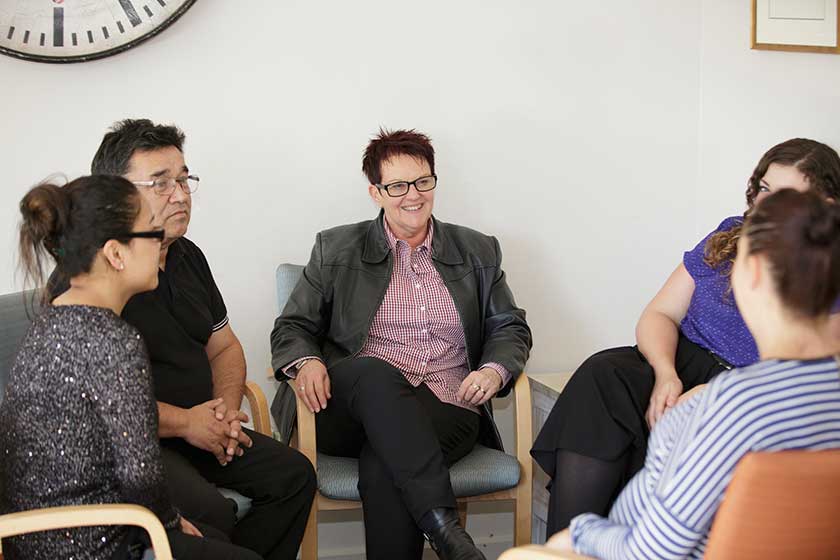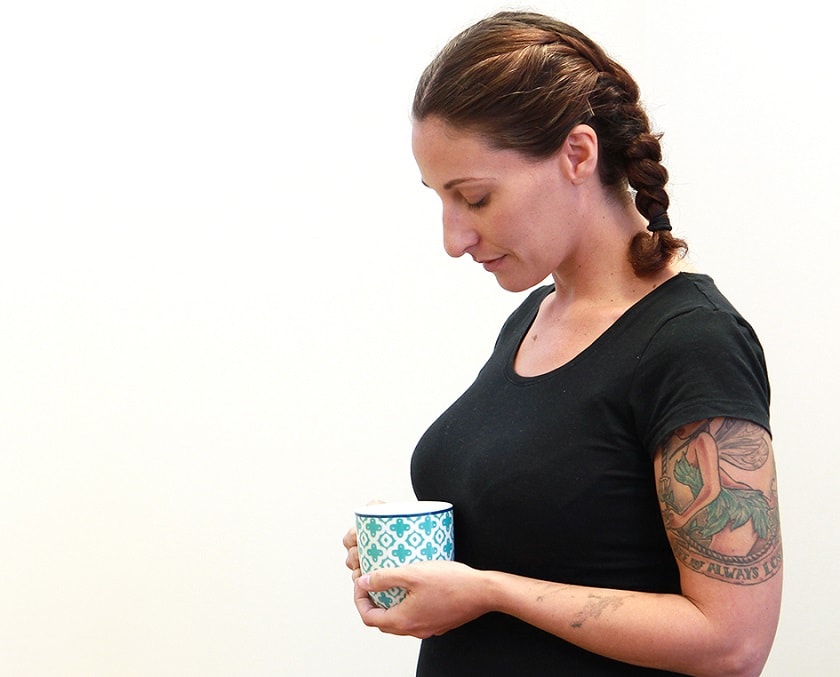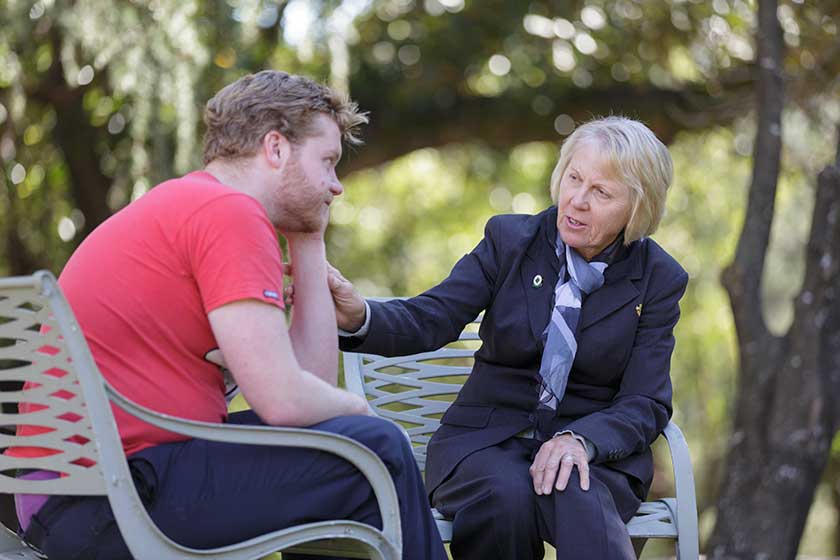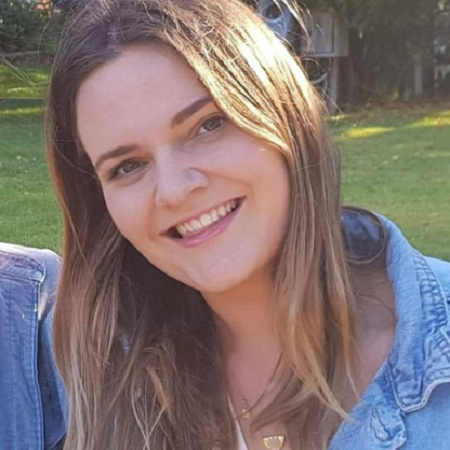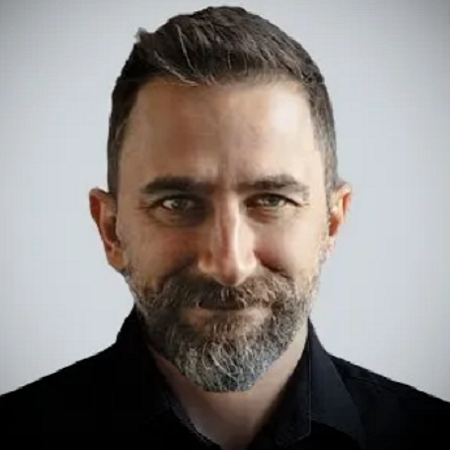Psychologist Jae Lee explains aspects of the daily routine you can expect in our mental health facility.
An important part of mental health recovery is taking part in a daily routine. Therefore we place quite a bit of emphasis on this while you are in hospital so that you can use this management technique when you return home.
Morning routine
We know that having a good start in the morning has flow on effects for the rest of the day. If you are up, showered and dressed ready for the day by about 7.30am, you may feel more able to engage in the day’s activities.
Medications
Medications to help manage your symptoms are prescribed by your doctor to be taken at certain intervals in order for them to be effective. If you are prescribed medication, taking it at the appropriate time throughout the day makes sense.
You can ask your treating doctors and our nurses about the effects and any concerns you have about your medication throughout your stay. Pharmacists are also available to speak with you, especially around the time of discharge.
Group therapy
Group therapy sessions provide information and strategies that can help you in your recovery.
They give structure to your day and help you to establish a healthy daily routine. They provide opportunities to learn from each other as well as reflect on individual concerns.
Your treatment program is carefully constructed with your input to maximise your rehabilitation and recovery. The program takes into account your emotional, physical, social and spiritual needs with sessions provided by psychologists, nurses, doctors, pastoral care practitioners, social workers, exercise physiologists, dietitians and diversional therapists.
Individual consults with these various professionals can also be arranged according to your needs.
Getting some rest
When you come to a mental health hospital it’s possible that your sleep pattern may be different as you are in an unfamiliar environment.
While you are restoring a regular sleep pattern, it can help to avoid:
- Using stimulants such as caffeine, cigarettes, computer/ phone activity and high levels of sugar especially in the afternoon
- The temptation to sleep during the day as this can disrupt your night sleep.
Restoring a regular sleep pattern is important to your recovery and a nonchemical intervention is generally the preferred option.
You will be able to discuss your sleep patterns with your treating team and your doctor may decide to prescribe sleep medication as a temporary measure to further assist in the restoration of a normal sleep pattern.
Massage sessions are available and are covered by some health funds.
End of the day
So that you can maximise the benefits of our program and to help with your recovery, it is good to get a regular eight hours of sleep.
Going to bed at a set time assists in the re-establishment of a daily routine as well as a healthy sleep pattern and reflects the usual sleep cycles you will follow when you return home.
What else?
- Can I watch TV? Yes
- Go online on my laptop? Yes, in moderation
- See friends and family? Yes, visitors are most welcome
- Leave the hospital? This depends on your wellbeing, your psychiatrist will discuss this with you.

